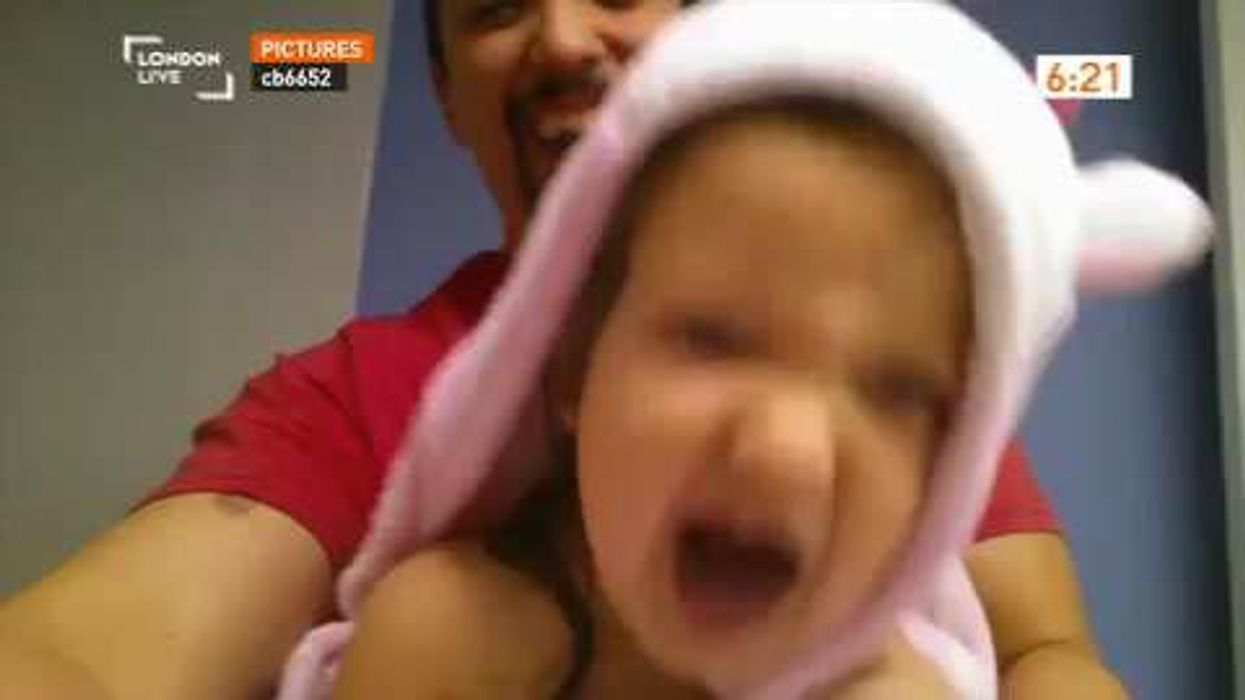We can mark the passage of time and the changing nature of a society through the development of our many languages.
The English language is spoken by millions of people across the world, but it wasn't always as uniform as it is today.
There are six letters that have been rendered obsolete.
Here they are:
Eth (ð)
Sign up to our free Indy100 weekly newsletter
This was pronounced like the ‘th’ sound in this or that.
Wynn (ƿ)
Wynn was put into the alphabet to represent ‘w’. Before Wynn, two u characters next to each other were used to. Eventually, the double u became the popular representation of ‘w’, like we see today.
Thorn (þ)
Thorn is also a ‘th’ sound. However unlike ‘eth’, it is a voiceless pronunciation. The closest we can get to is like ‘th’ in thought or thing.
Ash (æ)
In Old English this used to represent a short vowel, a little like the ‘a’ in cat. Ash is still used in Icelandic and Danish, but as a long ‘i’ sound, like in fine.
Ethel (œ)
Ethel used to be used to pronounce a letter between two vowels o and e, a little like coil. This was done away with, in favour of the single vowels we use today (a, e, i, o, u).
Yogh (ȝ)
Yogh is the father of the silent ‘gh’ in though or daughter. It used to indicate the sound one makes at the back of their throat – a little like the Scottish loch. As the language evolved, Yogh gave way to the gh combination.
Have your say in our news democracy. Click the upvote icon at the top of the page to help raise this article through the indy100 rankings.














